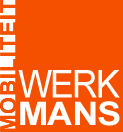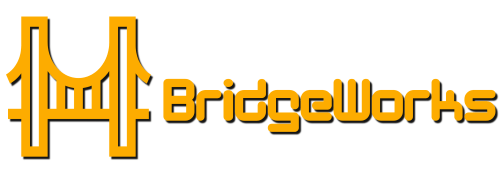Autism
The qualities or strengths of employees with autism are:
• Punctuality
• Perfectionism
• Attention to detail
• Go-getters
• Hard workers
• Good memory
• Math whizzes
• Good writers
• Excellent computer skills
• Strong sense of responsibility
• Good at facts and rules
• Think logically
• Good puzzlers
• Long concentration
Every person is unique. And the above features only paint a general picture. However, we can mention a number of points that help employers to ensure that employees with autism function well. For example, defining activities with a clear task description and structure is very important. In addition, an adjustment in work pace may be necessary, as well as limiting (complex) tasks and ad hoc chores. Good energy management is essential: consider limiting overtime and adjusting working hours in difficult private situations. Being open about the fact that someone has autism ensures more understanding among colleagues. Together, identify what the employee is good at and less good at and what he or she needs. And include these points in regular evaluation conversations with colleagues, job coach and manager.
WerkmansMobiliteit is a member of the Autism Network West Brabant. The Autism Network joins the forces of organizations around people with autism, so that they benefit from it and improve their quality of life.









